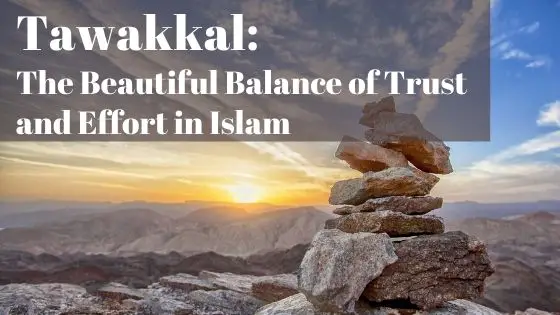
Most of us have had our lives rocked by the global pandemic and all the changes it has brought to the world. Many have lost jobs and livelihoods, others have lost loved ones, still others have lost all that was part of normal life. As life creeps closer to a new normal in some areas of the world, people are wondering what the correct approach is to dealing with returning to every day life.
Debates abound about the necessity or lack thereof of masks, social distancing and other measures. Many are ready to shed the restrictions and just return to their normal lives, others are still gripped by fear and uncertainty and want to stay in their homes. In each case, what drives these different intentions is a difference in circumstances, contexts and situations. Some people might be strong and healthy, others might have the elderly and immuno-compromised living with them. It is true that the constant bombardment of information through the news and social media has affected people’s mental states and made them anxious and fearful.
A believer’s attitude during such times is tied into the beautiful concept of Tawakkal in Islam (Reliance on Allah).
As Ibn Rajab stated, “Complete reliance on Allah is the sincere dependence of the heart on Allah in the servant’s endeavors in pursuing his interests and safeguarding himself against anything that may be harmful to his well-being both in this life and in the hereafter.”
This means one must take the means and actions necessary to protect oneself but at the same time not be paralyzed by fear, knowing that after we have done our part at making our own efforts, the outcome lies in the Hand of Allah.
The famous hadith of the Prophet Muhammad (ﷺ) about tying our camels and trusting Allah contains the essence of this beautiful concept.
Anas ibn Mālik reported: A man said, “O Messenger of Allah (ﷺ), should I tie my camel and trust in Allah, or should I leave her untied and trust in Allah?” The Prophet, peace and blessings be upon him, said, “Tie her and trust in Allah.” (Tirmidhi)
This hadith demonstrates that we must use the worldly means and wisdom in pursuit of our well-being, but once we have taken the steps, we must place our trust in Allah. Worrying if the camel will break itself lose, obsessing over the strength of the rope, wasting too much time trying to keep tying the knot over and over again, running back to keep checking on the camel we have already tied etc all go against this concept of Tawakkal. We must make our best effort according to the empirical knowledge we have and then place our trust in Allah. Getting paralyzed by fear and obsessive compulsive behaviours is contrary to this spirit and so is not taking any steps at all. So, throwing away all worldly precautions and just saying I trust Allah would be contrary to the spirit of true Tawakkal too. We must achieve that delicate balance in our efforts and attitudes to truly achieve the peace our faith brings.
Once we have made our effort, taken the steps to protect ourselves and our loved ones, we need to put our trust in Allah – knowing that anything that comes to us after that was decreed by Allah and not falling into the pitfall of regrets and ‘what ifs’.
The Messenger of Allah (ﷺ) said: “Strive to do that which will benefit you and seek the help of Allah, and do not feel helpless. If anything befalls you, do not say ‘If only I had done (such and such), then such and such would have happened,’ rather say: ‘Qaddara Allahu wa ma sha’a fa’al (Allah has decreed and what He wills He does),’ for ‘if only’ opens the door to the work of the Shaytan.” (Sahih Muslim)
